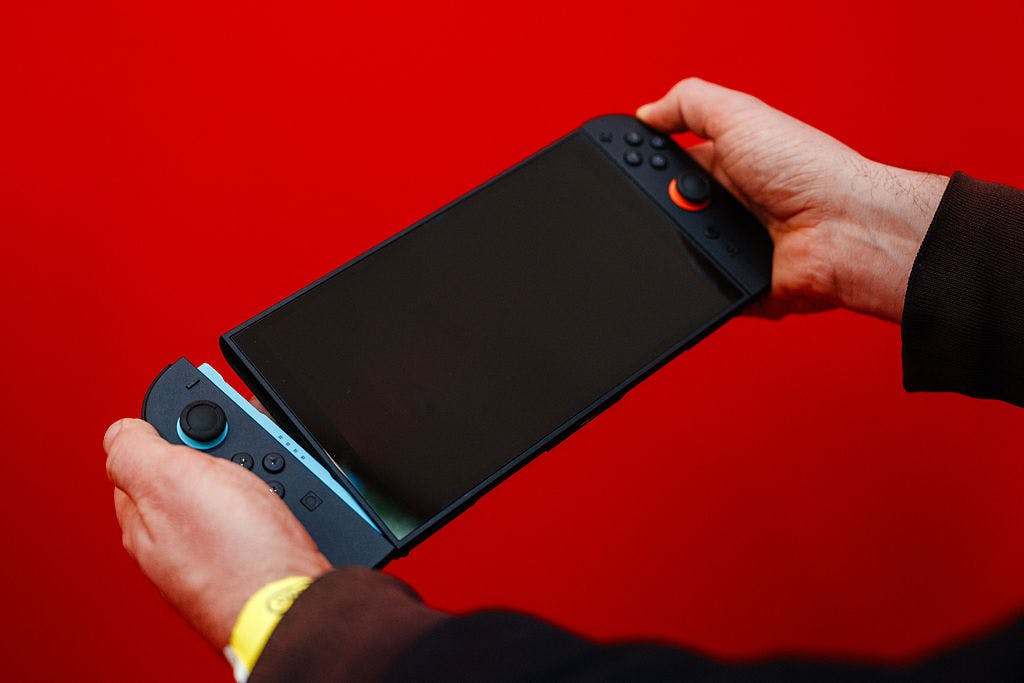Nintendo pauses Switch 2 preorders as the new console will probably get whacked by tariffs
The consoles are produced in China, Vietnam, and Cambodia — three countries hit with major tariffs.
Nintendo’s newest console, the $450 Switch 2, is “likely to bear 22% tariffs at a minimum,” according to a new note from Wedbush Securities.
On Friday, Nintendo said it's delaying preorders for the Switch 2 "in order to assess the potential impact of tariffs and evolving market conditions.” Early orders were set to begin April 9.
Shares were down 3.6% in recent trading.
This year, Nintendo has maintained that the impact President Trump’s tariffs will have on its fiscal year will be minor. In February, Nintendo President Shuntaro Furukawa attempted to calm investor nerves, reiterating that Switch consoles aren’t only produced in China, but also in Vietnam and Cambodia.
Since then, though, Trump has bumped tariffs on China up to 54% and announced tariffs of 46% and 49% on Vietnam and Cambodia, respectively. A 24% tariff was applied on goods imported from Japan.
It’s unclear if Nintendo will pass the price burden onto American consumers or if it’s already priced those levies into the console, but it’s worth noting that the Switch 2 is 35% more expensive in the US than in Japan — and Nintendo seems to be testing out a new $80 ceiling for its most popular IP titles.
According to Wedbush, Nintendo can mitigate its exposure to the tariffs over time by moving production to other countries or by moving more of the assembly to the US. “The lack of certainty about the duration of the current tariff regime is likely to cause them to wait till next year to decide,” reads Wedbush’s note.
Investors have been worried about the effects of tariffs on the fresh but familiar console, still set to drop June 5, since Trump’s election. Game industry experts told Sherwood News that trade policy is the “paramount risk” for the Switch 2. Early last month, Nintendo shares sank more than 9% during Tokyo trading after Trump increased levies on China.
Tariff headaches aren’t unique for Nintendo. Console rivals Sony and Microsoft are also exposed, with an estimated 70% of PS5s produced in China.
